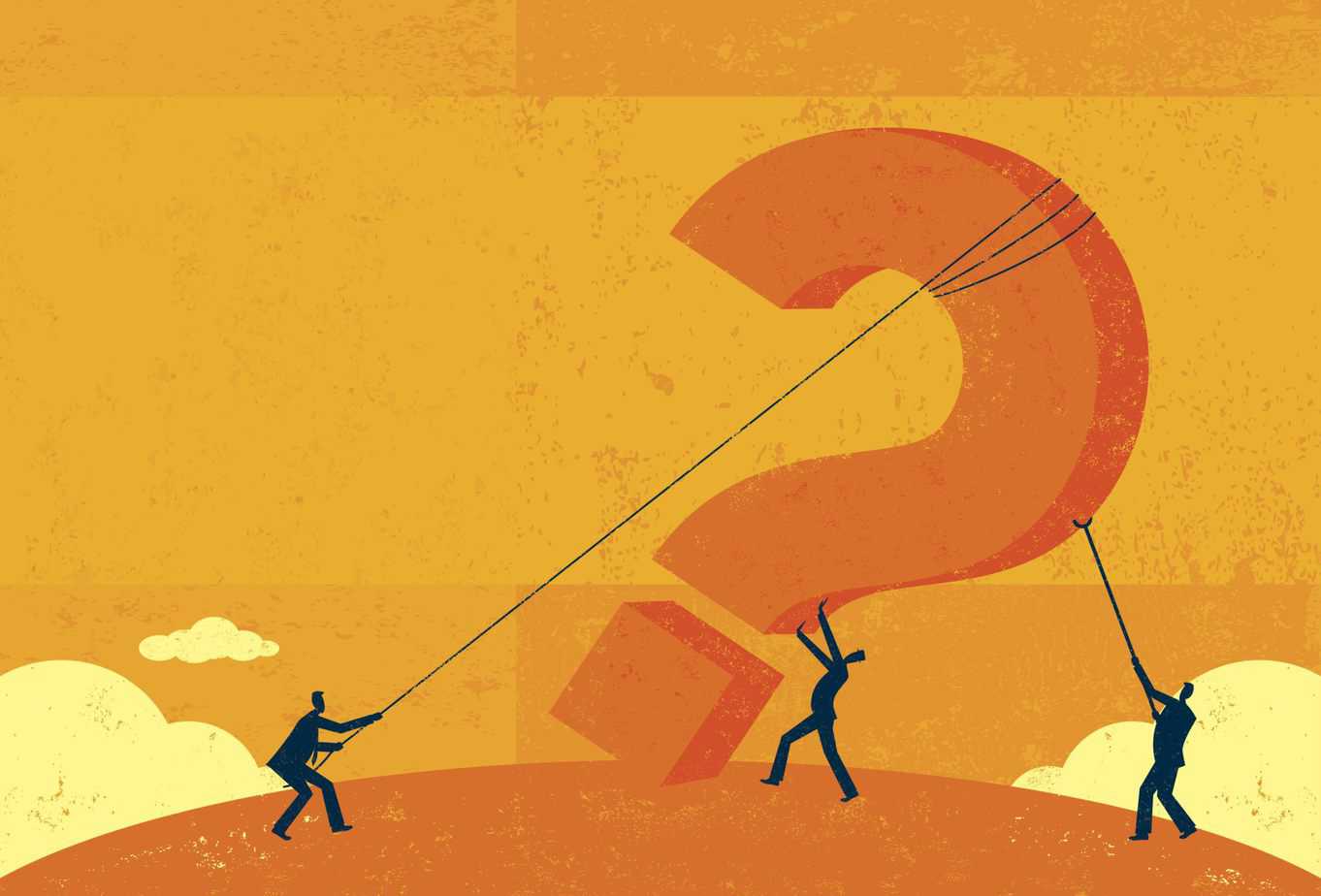We know that times are tough right now and the biggest way to get through them is by coming together and supporting one another. Here’s a letter to all of you from our in-house therapist, Shahrukh Malik, to help you understand and deal with all these emotions!
Dear Mashion readers,
In the past few weeks, the world as we knew it has shifted. And with that so has our sense of certainty and general routine. We’ve entered into an unprecedented time period, where we are required to stay indoors, cutting off from physical social engagement and for a lot of us, even taking a break from work indefinitely. We as a country – as a globe – are all in the same boat and now more than ever it’s important to support ourselves, as well as those around us. At this time, the world’s population is worried not only for their physical health, but also their emotional and mental well-being. Lockdowns, social isolation and distancing will have a serious impact on the latter. Now is the time to really look after yourself. Here are some things you can do for yourself as well as those around you.

Make Space For Whatever Emotions Are Coming Up
- The situation that comes with the COVID-19 pandemic can trigger a lot of feelings of anxiety, distress, uneasiness, helplessness and so on. Those who have pre-existing issues around mental health may even notice some flare ups in terms of their own responses and might even feel a little unhinged. Help them explore their feelings and allow them to feel them, rather than put them down. Each person’s experience will be different and it’s important to show some compassion to ourselves and those around us.
Accepting And Embracing Uncertainty
- At times, it’s necessary to accept, rather than resist, the idea that we don’t have control over certain things and that’s okay. Try practicing comfort with uncertainty by doing things such as putting a random playlist on shuffle or maybe closing your eyes and selecting a random movie on Netflix. Uncertainty is something that is bound to come up at times and currently, it is the best time to get comfortable with the idea.
Reframing
- It’s all about your perspective. Instead of focusing on when the situation will get better, try to focus on what you can learn during this time and staying in the present. Instead of seeing it as a time where you’re trapped in your home, why not see it as a safe space and a time to explore things about yourself or things you may not have had the time for? Focus on the smaller short-term goals, rather than the ones based in the future.
- Do the best that you can for yourself during the day. You don’t need to force yourself to be happy or positive all the time either. Just take your emotions as they come – nothing needs to be forced.

Find Some Grounding In The Midst Of The Uncertainty: Routine
- As human beings, one of our basic core needs is certainty. While it varies in degree from person to person, at the end of the day, we need it. At this time, where long-term certainty is not possible, and with no real clarity in terms of how the global situation will unfold, it’s essential to know and identify what you do have control over.
- Making a routine, having smaller goals and sticking to regular and consistent sleeping patterns can serve as grounding anchors.
- Instead of focusing on the things you can’t control, plan or determine; ask yourself: what is within my control?
Take A Break From The News And Social Media
- Right now, the world’s dialogue is centred around COVID-19. News channels are constantly giving updates in terms of new cases, death toll numbers, famous people who have been exposed to the virus and so on.
- After a certain point, the news becomes more distressing/upsetting than it does informative.
- Try taking a step away and if need be, set up boundaries with people and say that you would rather not engage in a discussion about COVID-19. Look out for your needs at this time.
Reach Out For Support And Stay Connected
- Whether it’s from a colleague, a friend or a family member – if this time is getting too overwhelming, seek support from those around you.
- At a time where we are required to be physically distant from each other, it’s important to still maintain a connection with those around us. At the end of the day, humans do have an inherent need for connection and belonging – so even if you cannot meet in person, try phone/video calls or even messaging. Whatever works!

Anxiety Management Techniques
- Breathing: Take a deep breath in, hold for a few seconds and follow with a deep exhale
- Relax the body: Check to see if any areas of your body are tense – relax your forehead, cheeks, unclench your jaw, relax your shoulders, keep your arms and hands relaxed and feet planted on the ground.
- Observe: Keep an eye on your triggers and see what thoughts and bodily sensations come up
- Avoid catastrophizing: One common feature about anxious thoughts is this belief in the worst-case-scenario. Chances are it won’t be as bad as one might make it out to be. Move away from this kind of thinking and bring it to a more balanced point of view
- Exercise: Try to workout or do some kind of physical activity throughout the week
- Be mindful of your eating and sleeping habits: Eating and sleeping well are a big part of your physical and mental health. Healthy, balanced meals can help boost your body’s energy and mental well-being. Meanwhile, getting enough sleep (between 7-9 hours) is essential and optimal for your body
- Do something that relaxes you: Whether it’s reading a book, going for a mindful walk or art; do whatever grounds you and gives you a sense of relief
- Visualization: Think of a place where you feel really calm and relaxed (you could be alone or with others, whatever works) and try to really envision that place – the smells, the sensations, the colours, taste and the feelings you can feel when you imagine it and just take a mental snapshot of it. If you’re experiencing anxiety, try to visualize that place and bring yourself to a place of calmness
- Quick grounding techniques: Count backwards in 3’s from a 100 or find 4 things you can see, 3 things you can touch, 2 things you smell and one thing you can taste.

The above article is written by Shahrukh Shahbaz Malik who is trained in humanistic integrative counselling at CPDD in the UK and currently has her own private practice in Karachi. The views expressed in this article are those of one expert. They do not necessarily represent the views of Mashion, nor do they represent the complete picture of the topic at hand. This article is for informational purposes only and is not a substitute for medical diagnosis or treatment.









What do you think?
You must be logged in to post a comment.